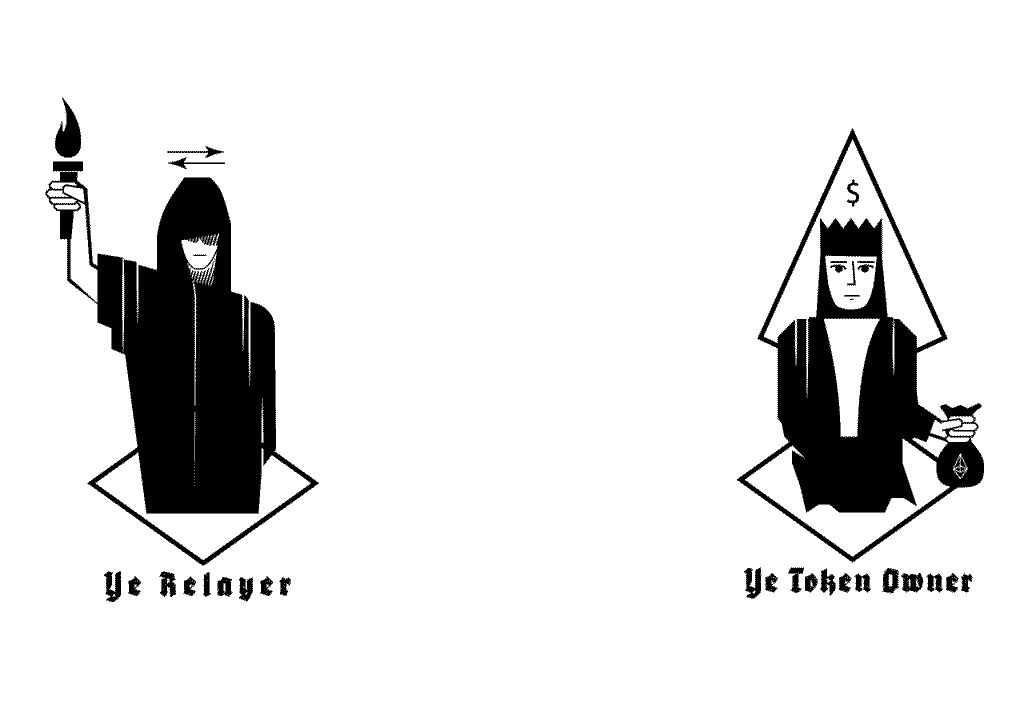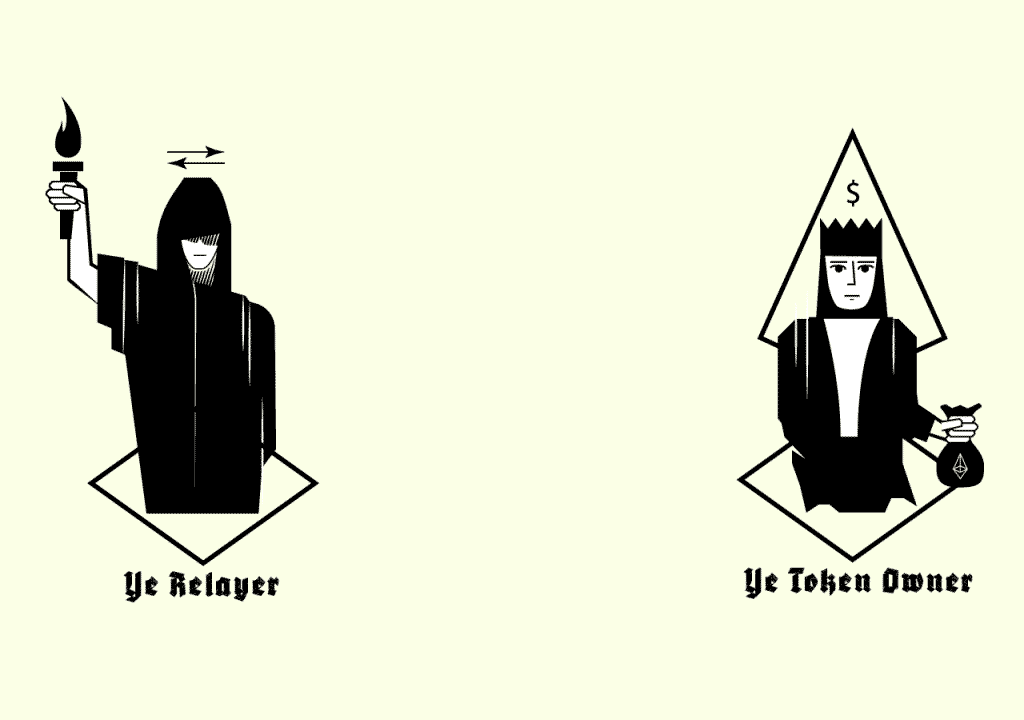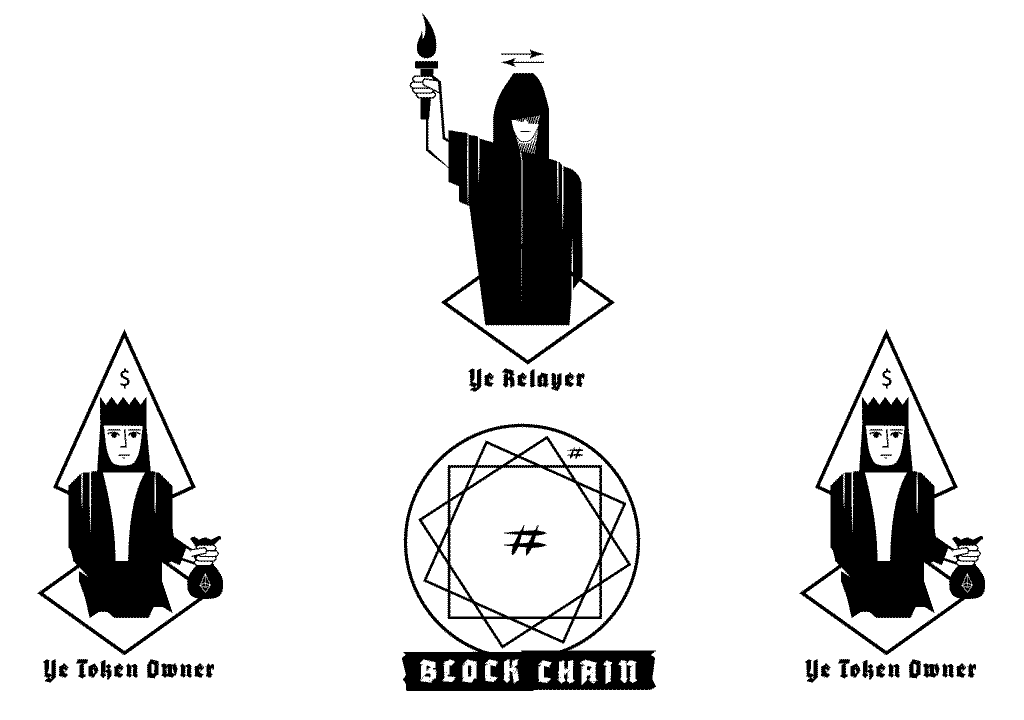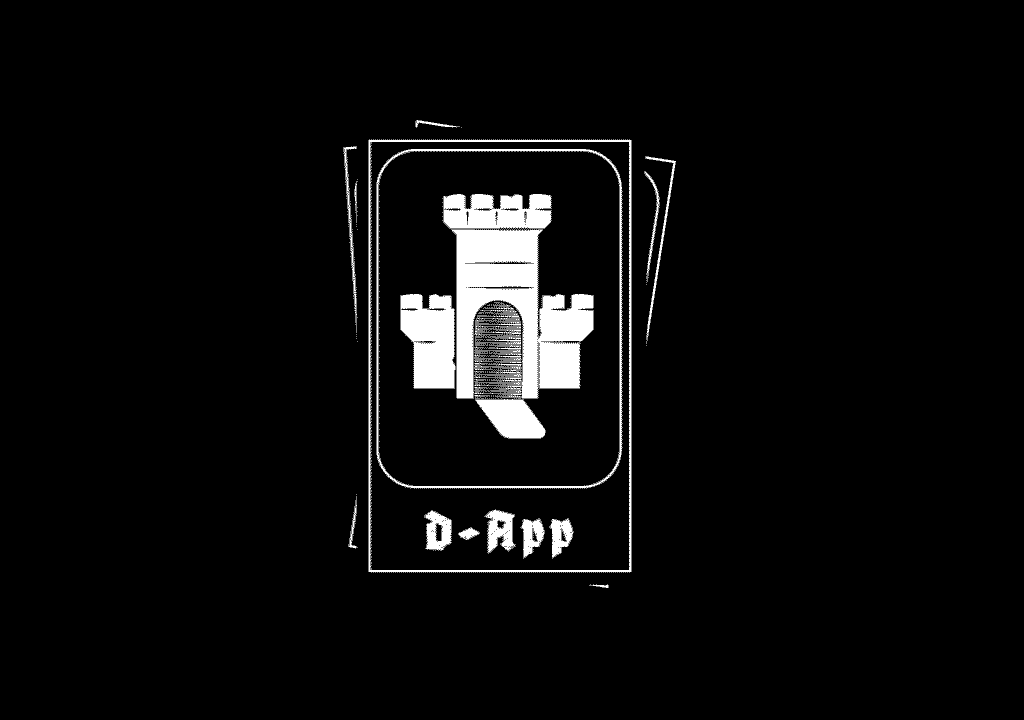

Because the Ethereum blockchain allows transactions with smart contracts and those smart contracts can be facilitated by 3rd parties – like a DEX or Protocol Relayer – permissions have to be granted to the 3rd party by token owners before those smart contracts can execute.
Because the Ethereum blockchain allows transactions with smart contracts and those smart contracts can be facilitated by 3rd parties – like a DEX or Protocol Relayer – permissions have to be granted to the 3rd party by token owners before those smart contracts can execute.


The Allowance Permission gives the 3rd party the right to facilitate a transaction with the owners token. This could be a simple one-time permission on every token that sets a high allowance for unhindered transfers. Or, it could be a more controlled method where exact allowance amounts are set for each token.
The Allowance Permission gives the 3rd party the right to facilitate a transaction with the owners token. This could be a simple one-time permission on every token that sets a high allowance for unhindered transfers. Or, it could be a more controlled method where exact allowance amounts are set for each token.


Setting this allowance does not mean you are giving your tokens to the 3rd party. All it means is you are willingly allowing the smart contract to transfer up-to a specified amount of a token on your behalf.
Setting this allowance does not mean you are giving your tokens to the 3rd party. All it means is you are willingly allowing the smart contract to transfer up-to a specified amount of a token on your behalf.



